Several times this season, Mosquito Squad of Central New Hampshire has cautioned you about mosquito borne diseases. Though we all know they exist, sometimes it is easy to go through life as if they don’t, simply because most of us have never been directly affected by them. But this week, Eastern Equine Encephalitis (EEE) strikes close to home, and this time, the disease has not been identified in mosquitoes or horses but rather one of our neighbors. On Friday, the Concord Monitor reported that a Conway resident has been diagnosed with EEE.
Eastern Equine Encephalitis is a serious disease that can affect birds, horses, and humans. It is serious, and there is no treatment other than palliative care while the disease runs its course. There is also no vaccine for humans. EEE is transmitted to birds, horses, and humans though the bite of an infected mosquito. It will not pass from birds or horses to humans, and horses can’t get it from bird or other horses. Mosquitoes are the culprit here. Early human symptoms include many flu-like symptoms: chills, fever, joint pain, muscle pain, and feeling “out of sorts”. Encephalitic infections in humans are the most severe manifestation of the disease. They include: headache, irritability, restlessness, drowsiness, anorexia, vomiting, diarrhea, cyanosis, convulsions, and coma. Typically, an EEE infection will require hospitalization for recovery.
Be sure that you and your family avoid Eastern Equine Encephalitis this season since it is in our local mosquito population. The very best protection from the virus is to avoid being bitten by the mosquitoes that may carry it. EEE is transmitted by several different species of mosquitoes, so the best defense is to control all mosquitoes. On your property, be sure that you are eliminating any areas of standing water – even if it is just a little water. Mosquitoes can use as little as a teaspoon for a breeding ground. Check the screens on your windows and doors. As temperatures cool, you will probably be using the AC unit less, so be sure mosquitoes can’t find their way into your home. When you venture outdoors, use a mosquito repellent, especially during the morning and evening hours when more mosquitoes are active. But do remember that certain species are active during all hours of the day. Long sleeved shirts and long pants can also make it more difficult for mosquitoes to bite you.
Finally, be sure to maximize your mosquito control by calling Mosquito Squad of Southern New Hampshire. Our mosquito treatments will effectively eliminate up to 90% of the mosquitoes on your property. They are long lasting, up to 21 days even when it rains. We will even set up a treatment schedule, so you don’t have to worry about mosquitoes for the rest of the season. EEE is serious. Be sure that you and your family are protected. Contact Mosquito Squad of Southern New Hampshire today to get the best mosquito control available.
Mosquito Squad of Southern New Hampshire
(603) 373 – 8863





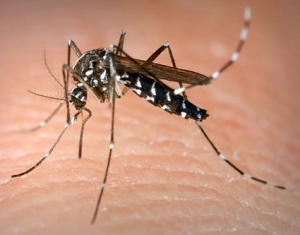

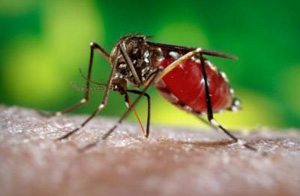




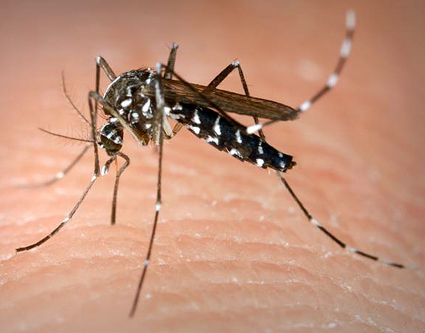

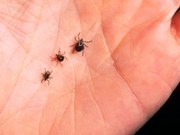
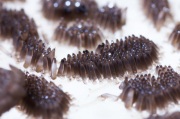

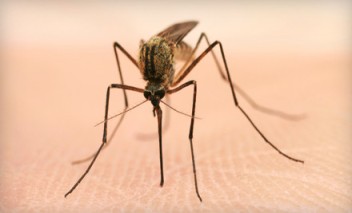
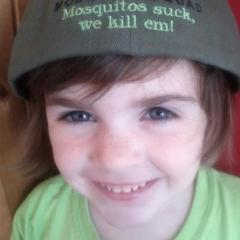
You must be logged in to post a comment.